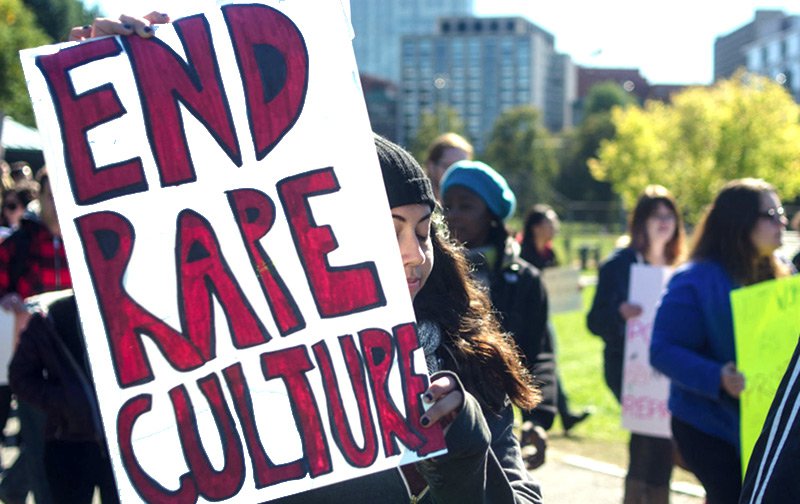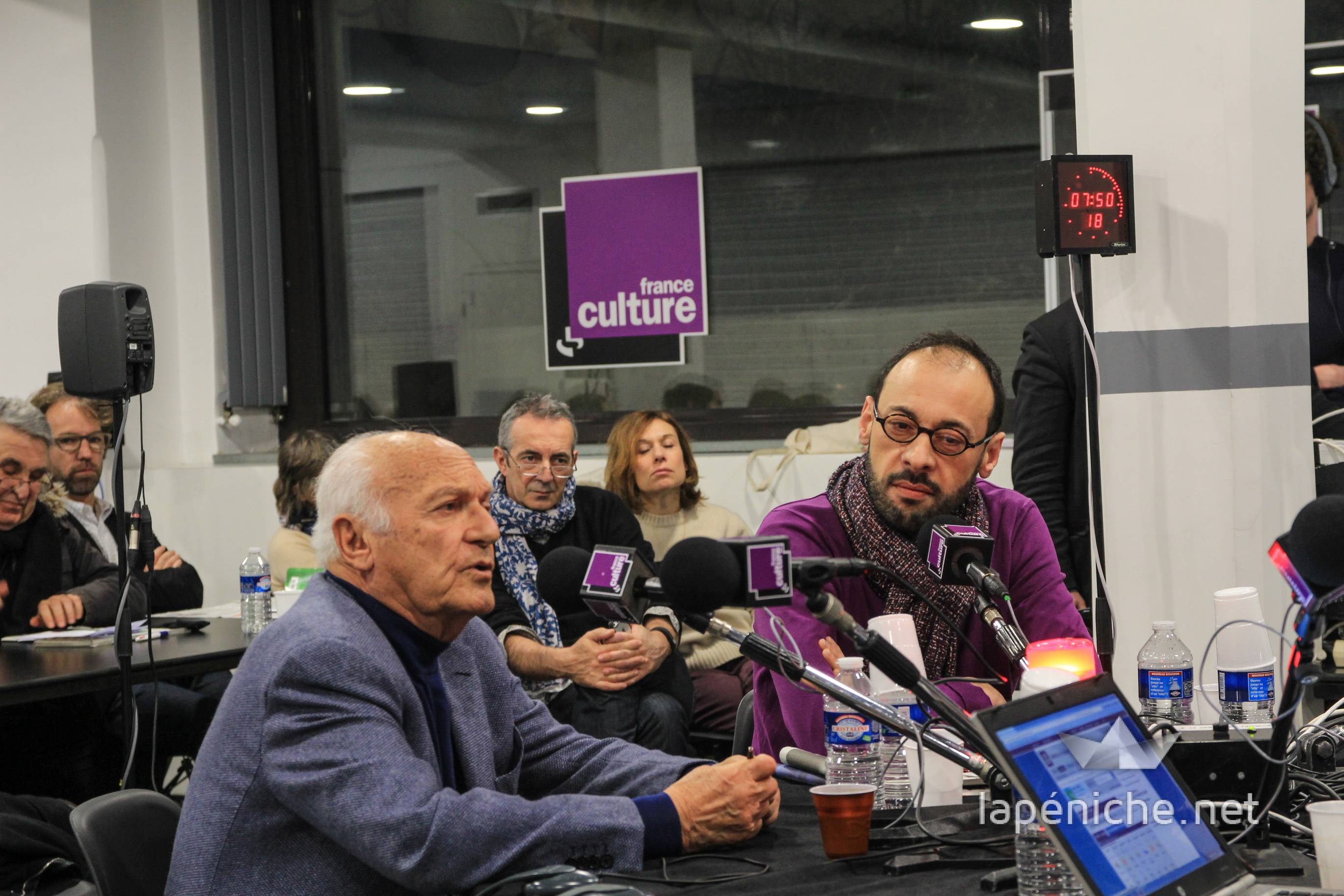
« I know you want it » : rape culture and my 3A in the US
There are many ways to go about writing an article on sexual assault and the rape culture, and I have thought long and hard about which one to choose for this one. In the end, I have decided to write it in the form of a story. Because that’s really all it is: the story of millions of women today, and millions of women before me, and I wanted to try and give some of the things they – we – have to go through.

The slut or the bitch : which are you ?
I am a woman. (More precisely, I am a White upper-middle class woman, which means that compared to many others I am privileged, and I fully acknowledge it.) As a woman, I have, throughout my entire life, been faced with the objectification and hypersexualization of women on TV, in magazines, in films, but also at school and in discussions with male friends. I have seen women in the media be put in two broad categories: the slut or the bitch. One is about hyperfemininity and pornification, while the other is about powerful, « masculine » women who come off as « boner-shrinkers. » (That’s what Hillary has been called, among other lovely nicknames.) These stereotypes are extremely damaging to women’s sense of self-worth.
As a woman, I have had countless men come up to me in the street, as has been done to 65% of all women in America. They whistled at me, told me I was pretty, wanted me to smile, shouted that they wanted to fuck me. A few even followed me as I walked by them. One guy doing it is annoying; a group of them is worrying. During the day, I feel uncomfortable; at night, I feel threatened. In Boston, Reims, Paris, or even the small town where I’m from, there hasn’t been one night when walking home by myself I have felt completely safe. Oh, sure, the routine is well in place, and it’s a pretty universal one: I look over my shoulder every few hundred meters, avoid eye contact with anyone, and sometimes I keep my keys in my pocket to use them as a weapon in case of emergency. But in what world is it acceptable to have women think of their keys as weapons against aggressors?
Stop blaming the victim
As a woman, and like many, many other female college students, I have attended a party during which I have been roofied. I was fortunate enough that nothing serious happened to me – if you count waking up in the middle of the highway, having fallen several times and with no idea of how you got there as « not serious » – but many others are not that fortunate. Actually, 1 in 4 female students in the United States will be the victim of sexual assault during her time in college, and alcohol and drugs are an inherent part of it: they are involved in the process 55% of the time for women and 75% of the time for men.
As a woman, I have heard one of my childhood friends tell me the story of how she was sexually assaulted at work, when a client put his hand under her skirt and later followed her in the street to tell her he would find her anywhere. And how, after everything that she’s been through, after seeing a psychologist and finally gathering the courage to go to the police station, the officers did not believe her. How they questioned her story and made her feel like she wasn’t a victim. Like maybe she had asked for it. So I just want to repeat something that I know has been said a million times: there is no excuse for sexual assault. It doesn’t matter that the guy « was having a rough day » (yes, that’s something people actually say), that the girl was drunk or that her outfit was « calling for rape. » Nothing ever justifies this. What is more, only 30% of rapes are reported to the police, and this kind of behavior, blaming the victim, discourages women from speaking up.
From keys as a weapon to education as a key
As women, we experience every single day various aspects of the rape culture. In pop music, with songs like « Blurred Lines » or French rap song « Sale Pute » in which Orelsan said extremely violent things against women. In the sexual objectification of women in ads, video games, and movies. In the trivialization and normalization of rape through jokes, memes and nonchalant attitudes, but also through victim blaming, assumptions of false reporting and cover ups of campus rape by universities. I’m not here to offer any ready-made solutions, although I believe a lot of things can definitely be improved at the educational level. I just wanted to share something that’s both personal and common to all women, in the hope that maybe, someone else will feel like they better understand the situation and will want to spread the word. Because that’s how change happens.

One Comment
Aurelio PONCARDO
L’auteur de l’article aurait-il un mot sur la culture du viol chez les « réfugiées » musulmans qui inondent l’Europe ou est-ce toujours la faute des hommes blancs catholiques?
Ledit homme blanc qui a construit les civilisations où les femmes n’ont jamais été aussi libres et épanouies soit dit en passant?
Savez-vous qu’une femme violée en Arabie Saoudite est jugée pour adultère ?
Êtes vous déjà allé au Maghreb ou en Arabie Saoudite ?
Salutations.